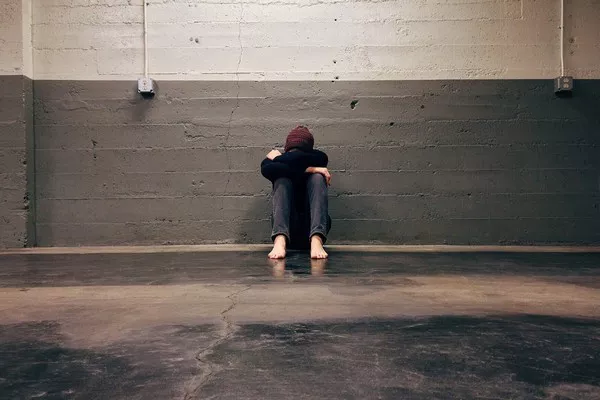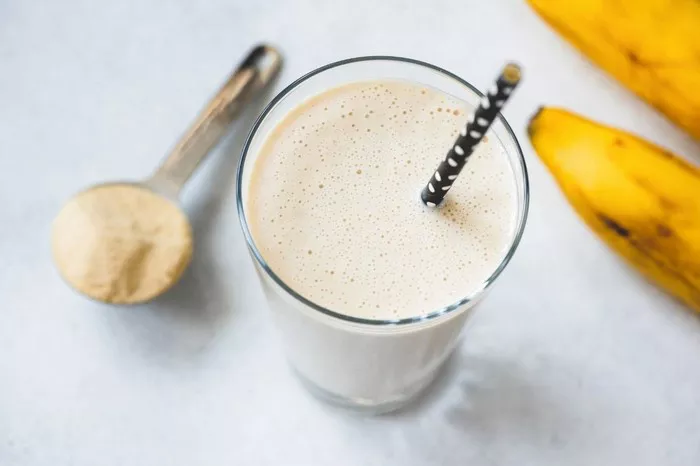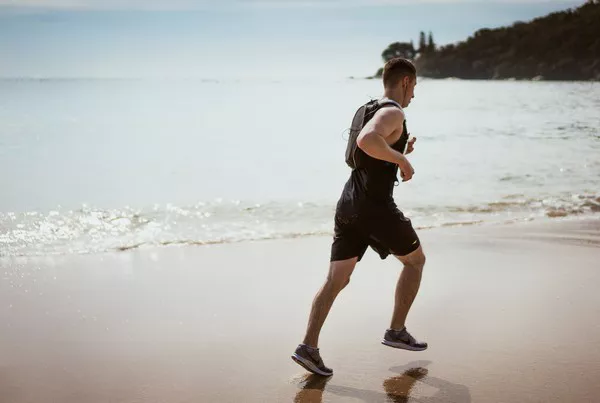MUMBAI: In response to the mental health challenges brought forth and intensified by the Covid-19 pandemic, the BMC-Mpower helpline, a collaborative effort between the government and corporations, has garnered a total of 1.19 lakh calls since its inception three years ago. This 24/7 free helpline aims to aid individuals grappling with stress, anxiety, and depression.
Data from the helpline underscores the increasing struggle of individuals to cope with the demands of a fast-paced lifestyle. Depression accounted for 24 percent of calls, anxiety for 22 percent, and suicidal thoughts for seven percent. The helpline offers personalized counseling and support tailored to the unique mental health challenges of individuals.
The majority of calls, at 46 percent, came from individuals aged between 26 and 40, underscoring a significant need for mental health support in this age group. Notably, 63 percent of calls originated from males, while 37 percent were from females. Dilshad Khurana, psychologist and head of the helpline, suggested that the higher number of male callers might be attributed to traditional mindsets where men hesitate to access support systems or openly express themselves to family members.
Khurana emphasized that the primary objective of the helpline is to offer support and assistance. “Our team of psychologists is well-equipped to provide counseling and guidance,” she stated. “In cases where we identify the need for specialized psychiatric assessment, we advise individuals to consult a professional psychiatrist for a more comprehensive treatment plan.”
Red flags, such as callers expressing suicidal thoughts, are immediately communicated to relevant government agencies, Khurana added. “Our approach is to de-escalate and calm the person, equipping them with coping skills tailored to their concerns, and subsequently informing appropriate government agencies to provide swift further assistance.”
Addressing the increasing number of men seeking help, Dr. Neena Sawant, president of the Indian Psychiatric Society-West Zone, noted that the traditional trend of women being more prone to depression is changing. “Many men are complaining of loneliness,” she remarked. “This trend is definitely here, and soon we may not see a gender divide when it comes to depression and anxiety.”
Dr. Avinash Desousa, past president of the Bombay Psychiatric Society, stated that the previous tendency of men to suffer in silence has shifted. “Men have realized that they need support and are coming forward to seek professional help,” he said. “Like the data indications of the Mpower helpline analysis, I too have been seeing patients in the age group of 25 to 45, mostly men, for counseling and therapy.”
Dr. Desousa shared that most of his male patients have anxiety, panic issues, and sleep-related complaints. “Most face issues related to work stress, finance, and marriage,” he explained. “In the last few years, the numbers have increased. The Covid-19 pandemic has accelerated these issues; it has led to unemployment, a shift in lifestyle, relationship conflicts, divorces, and separations.”
Dr. Sawant, who recently created a mental well-being app, highlighted the growing awareness of mental health in metros and among youngsters. “Compared to what we saw a decade ago, Gen Z is much more aware,” she noted. “Even if the parents are still unaccepting, students are coming forward to seek help. The new generation is open to discussing its mental health and is willing to seek help.”

































